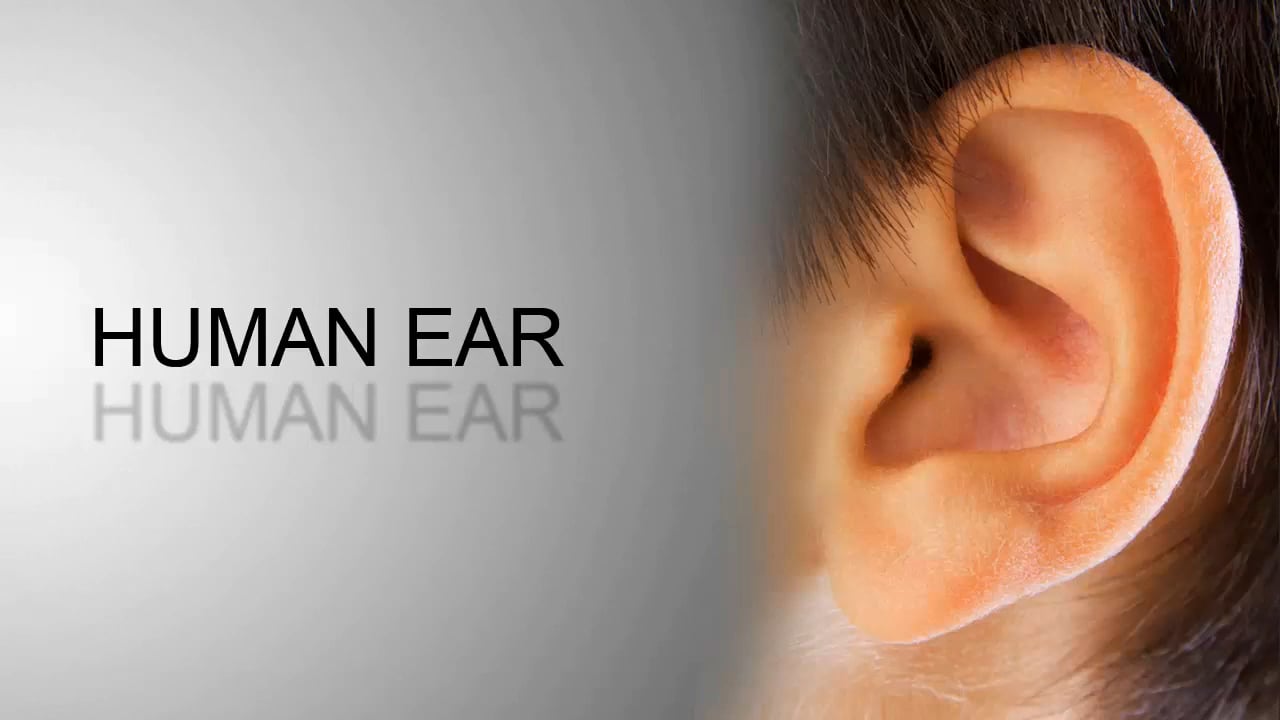
Singapore - Cochlear Limited, the world leader in implantable hearing solutions, has received U.S. Food and Drug Administration approval for the first remote feature to allow follow-up programming sessions for the Nucleus Cochlear Implant System through a telemedicine platform. This approval is the first in the cochlear implant industry and one of many steps Cochlear is taking to enable remote care for Nucleus Cochlear Implant recipients and clinicians.
"This approval will open the door for so many cochlear implant patients who have trouble accessing continued care because they can't travel to an implant center," said Allison Biever, Au.D., CCC-A, Director of Cochlear Implants at Rocky Mountain Ear Center, Englewood, Colo. "Cochlear implant technology is life transforming and the technology is maximized when coupled with adequate follow-up appointments so adjustments can be made to provide the best hearing performance for each patient. It is exciting that our industry and its patients will have access to remote care in the future."
For most cochlear implant recipients, there are regularly scheduled follow-up appointments after the initial programming visit. These follow-up appointments help maximize the patient's hearing and typically mean taking time off work or time out of school for the visit to the audiologist's office. Leveraging telehealth within the cochlear implant industry provides clinics with more options to care for their patients no matter where their office is located, and it allows Nucleus Cochlear Implant recipients to receive care from the comfort of their own home. In addition, the expanded access to internet, smartphones and tablets coupled with Cochlear's advanced wireless and Bluetooth connectivity provide the technological foundation to open telehealth for its customers.
Telehealth continues to grow as a successful service option in healthcare systems today, with many states, large hospital networks, and even the Centers for Medicare and Medicaid Services (CMS) working toward better access to care through remote options. Access to services and changes in healthcare along with the growing demand for cochlear implant services require a change in the care delivery model in order to expand access.




